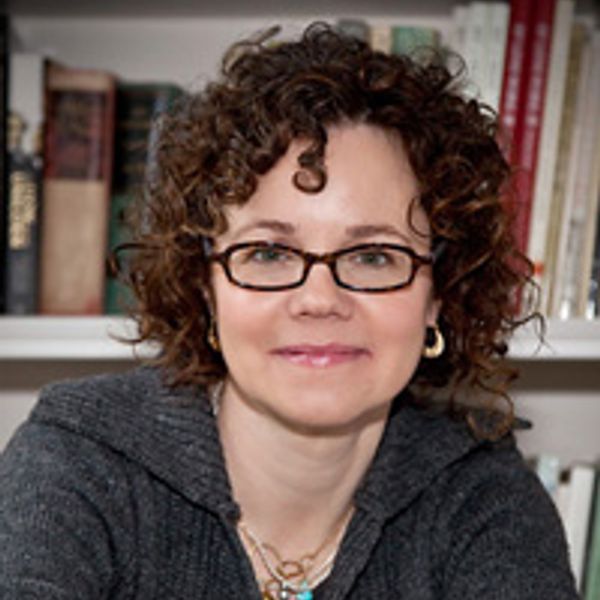Lia Purpura, Parasol Mushroom (detail), featured in AGNI 102
The Doubtful Place
Baffin Island, 1578
After the mastiffs of winter had gnawed London
to the bone, when birds dropped frozen
out of the sky and both red and fallow deer
in the royal parks died with their browse,
when oaths and conspiracies shrouded
one and all like the oily smoke from sea-coal
we burned for heat, spring announced itself
with a rash of knifings and fistfights.
Then the river rolled and shifted as it thawed,
lifting from its bed, mysterious and intent
in its purposes as a sleepwalker, reaching out
for the men who with their maps and accounts
planned new voyages now the Thames was clear
for navigation. Every departure taking us
farther from the source of our restlessness.
Burdened only by the wind they carried
in their arms, entire families perished
from cliffs to seal themselves within
the frigid waters. If out of their throats
unraveled bird-calls of grief, only black murres,
who dove as if to show them the way through
the waves’ corridors, heard.
Understand:
they chose to endure among the names,
not vanish like steam from another perfume;
like the pair whom it pleased us to call
Wait Still and Boat Memory, insipid ghosts
confused by our manners, our hurry
of instruments and etcetera of buttons,
honey, wool, and ginger jars. They, too, died.
The next year we found the island empty.
Silence, the centuries’ heaped-up solitude,
and a world like a patient dieted on winter’s
scurvy of light. Imagine:
our lungs freezing
like sails, the intricate rigging of bronchioles
and alveoli singed in hoarfrost, chillblains
greased with our soft, fat talk of wealth.
And no one to tell how hard it is to return,
to bring something back from these other worlds.
Would we have listened? (Do you, now?)
Through the grey weeks we gave this shape
to our unease: peas, corn, and grain
planted around a stone cottage built over
the bodies of three of our own, which we filled
with knives, bells, mirrors, and whistles, as if
to sow as well in this timeless place all the old
terrors abiding in the Norse marauders’ word:
dwelling.
And the oven, leaving the smell of bread
to haunt the air as we sailed away, holds again heavy
with nothing more than fool’s gold, and the vision,
corrosive as salt, that waits also for you:
in the winter night alone is this the sea to come?

Averill Curdy
Averill Curdy’s first collection is Song & Error (Farrar, Straus & Giroux, 2013). Her poems appear in Poetry, The Paris Review, AGNI, and The Kenyon Review. She is on the creative writing faculty at Northwestern University. She has held fellowships from the National Endowment for the Arts and the Rona Jaffe Foundation. In 2013-2014, she was a Fulbright Foundation Senior Research Fellow in Istanbul. (updated 10/2014)
Read AGNI Online’s interview The Aural Heft of Words & “Ovid in America”: A Conversation with Averill Curdy by Jacqueline Kolosov.
